- This rapid expansion is attributed to the accelerated industrialization of Vietnam and the relocation of manufacturing centers

Looking back on the past year in 2025, Vietnam's green building industry has made remarkable progress. According to the data, the total number of certified green buildings has reached 559, which far exceeds the country's original target of 150 by 2030, achieving a more than three-fold increase. Behind this rapid expansion is Vietnam's strong commitment to sustainable development and continued growth in foreign investment interest.
Industrial green buildings have played a key role in driving this growth. According to the International Finance Corporation (IFC) and the EDGE Green Building Certification System, Vietnam's green building industry has far exceeded initial forecasts. Industrial buildings, in particular, account for more than half of new green buildings. The number of green certified plants has tripled in the past two years, reaching 163 by the end of 2024. This rapid expansion is attributed to the acceleration of Vietnam's industrialization, relocation of manufacturing centers, and development of logistics infrastructure.
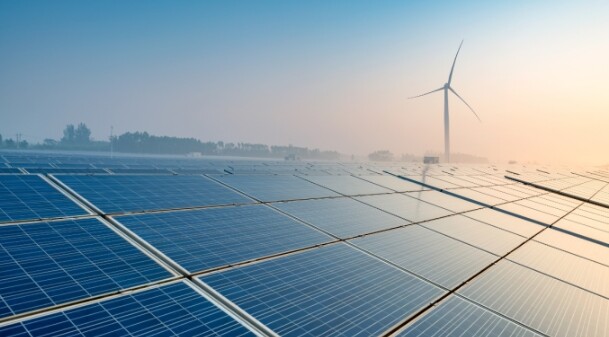
The Vietnamese government has actively promoted the development of the green building industry through a series of incentives such as tax incentives, discounts on land leases and subsidies aimed at reducing energy consumption. These policies have played a vital role in encouraging businesses to adopt sustainable practices. In addition, foreign direct investment (FDI) has also played an important role in driving this growth. In 2024, foreign direct investment in Vietnam's real estate sector exceeded $6.3 billion, a large portion of which went to factory development. Sustainability has become a key factor for foreign investors, leading to a proliferation of environmentally friendly industrial park projects. Pepsi, for example, announced plans to build two green certified plants in Vietnam, in line with the country's commitment to sustainable industrial growth.
With the rapid rise of the green building industry, real estate developers are also increasingly focusing on ESG (Environmental, Social and governance) programs to remain competitive in the global market. "While the initial investment in ESG technology and equipment can be large, the long-term benefits in terms of regulatory compliance and sustainable growth make them a worthwhile investment," stressed Edwin Tan, deputy chief executive officer of Frasers Property Vietnam. Experts expect that foreign investment in eco-friendly industrial zones will continue in the future, further consolidating Vietnam's position as an important player in sustainable development. Editor/Xu Shengpeng
Comment
 Praise
Praise
 Collect
Collect
 Comment
Comment
 Search
Search


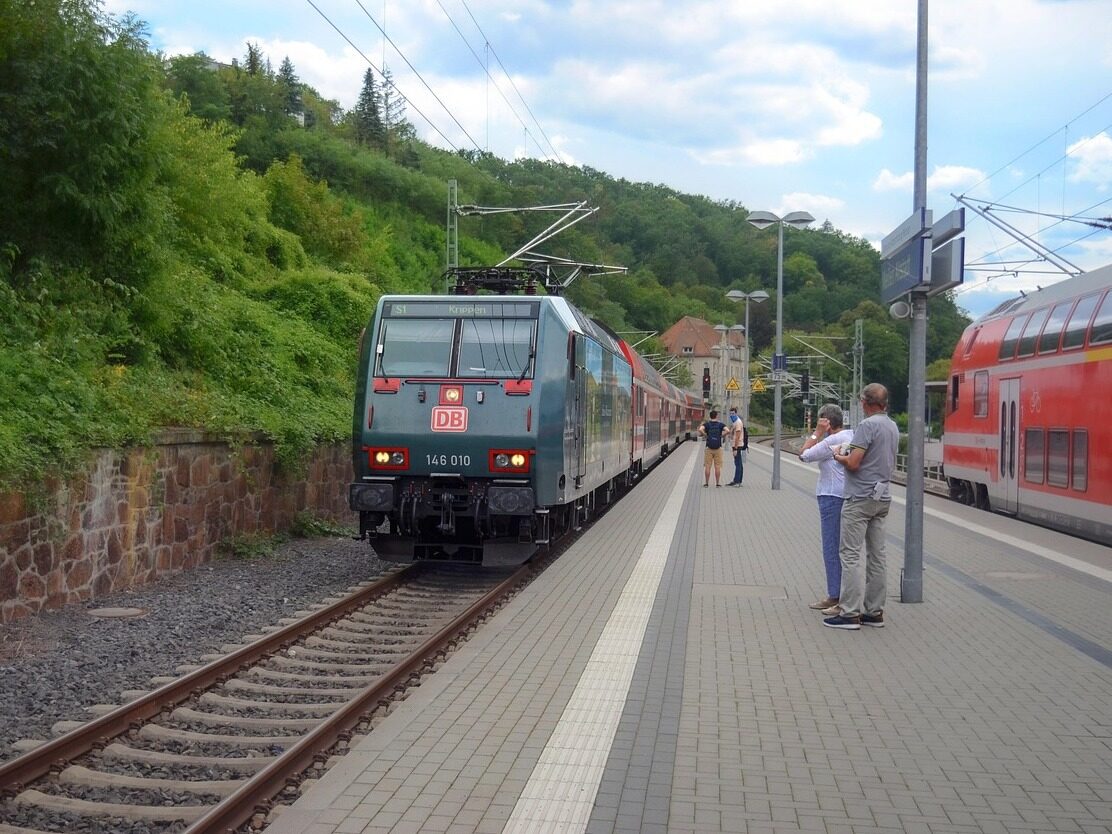
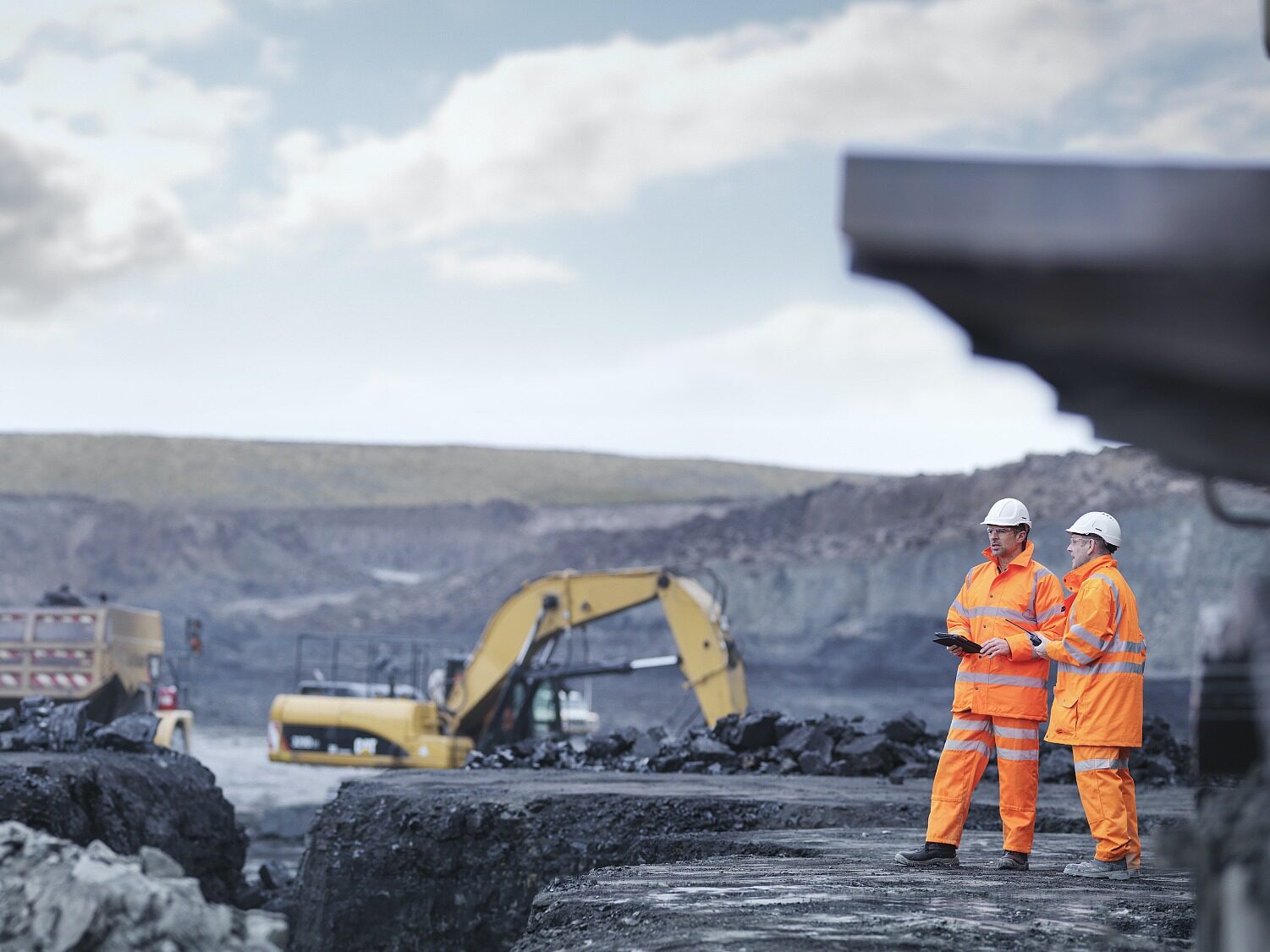
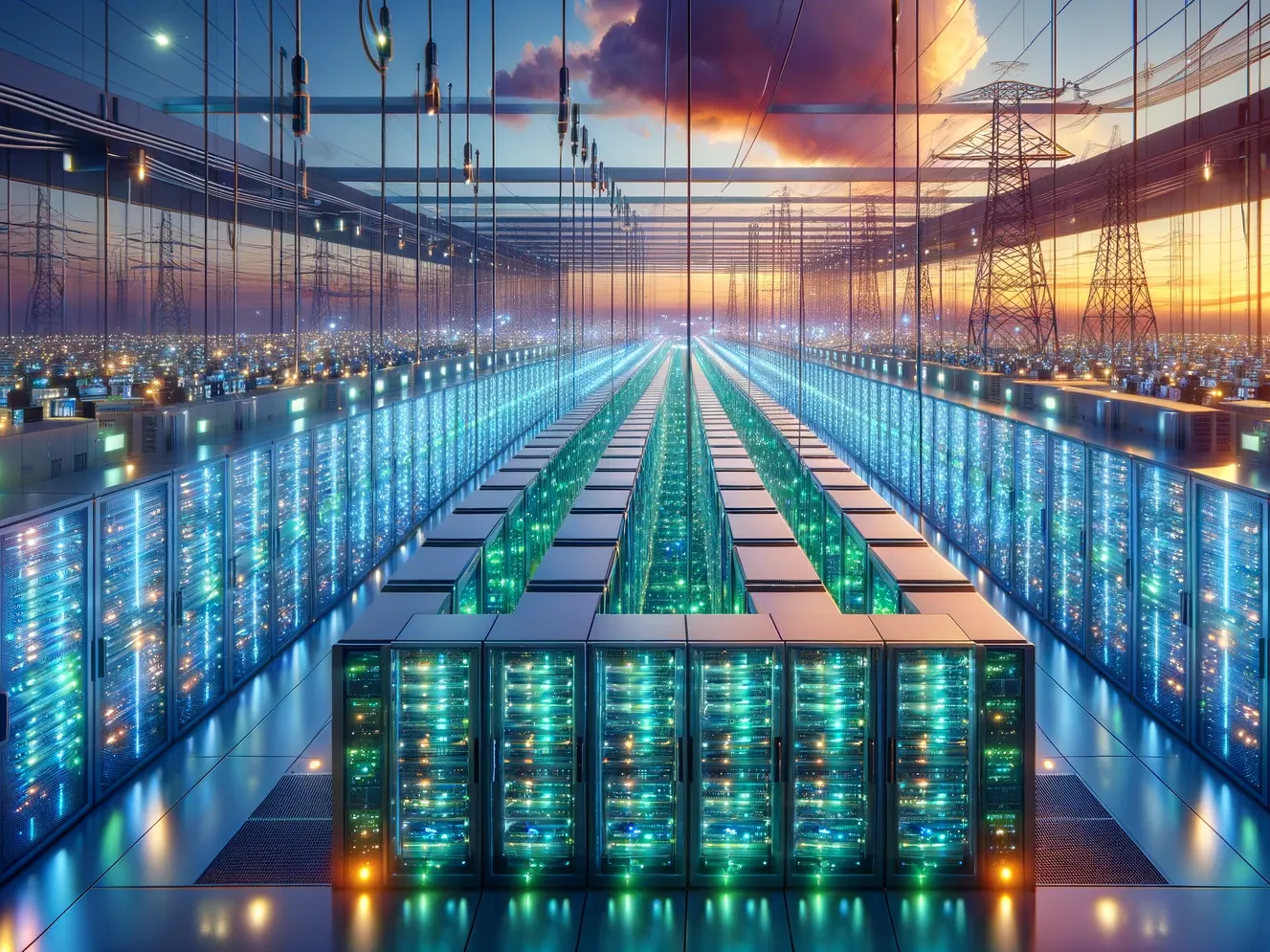
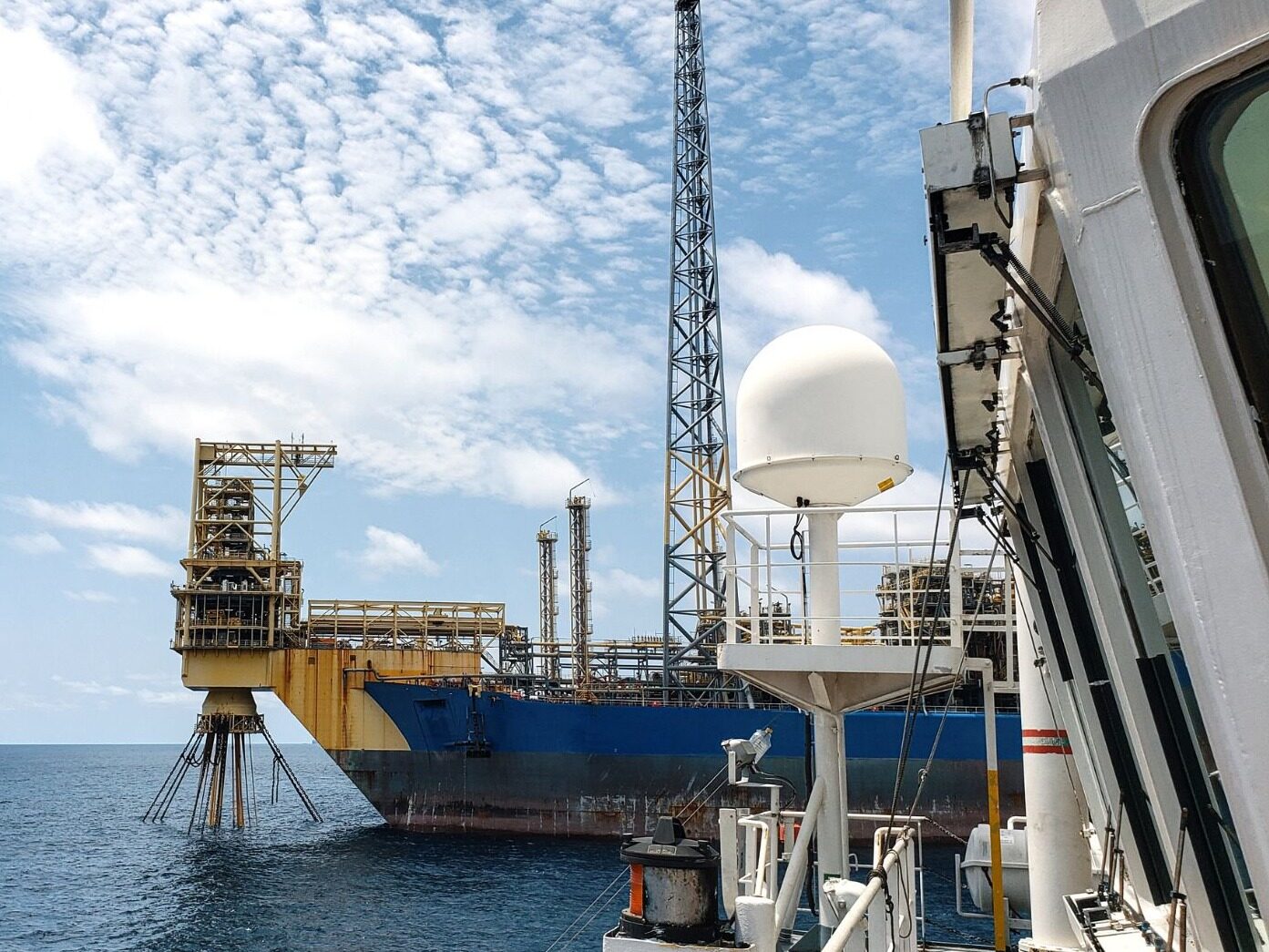
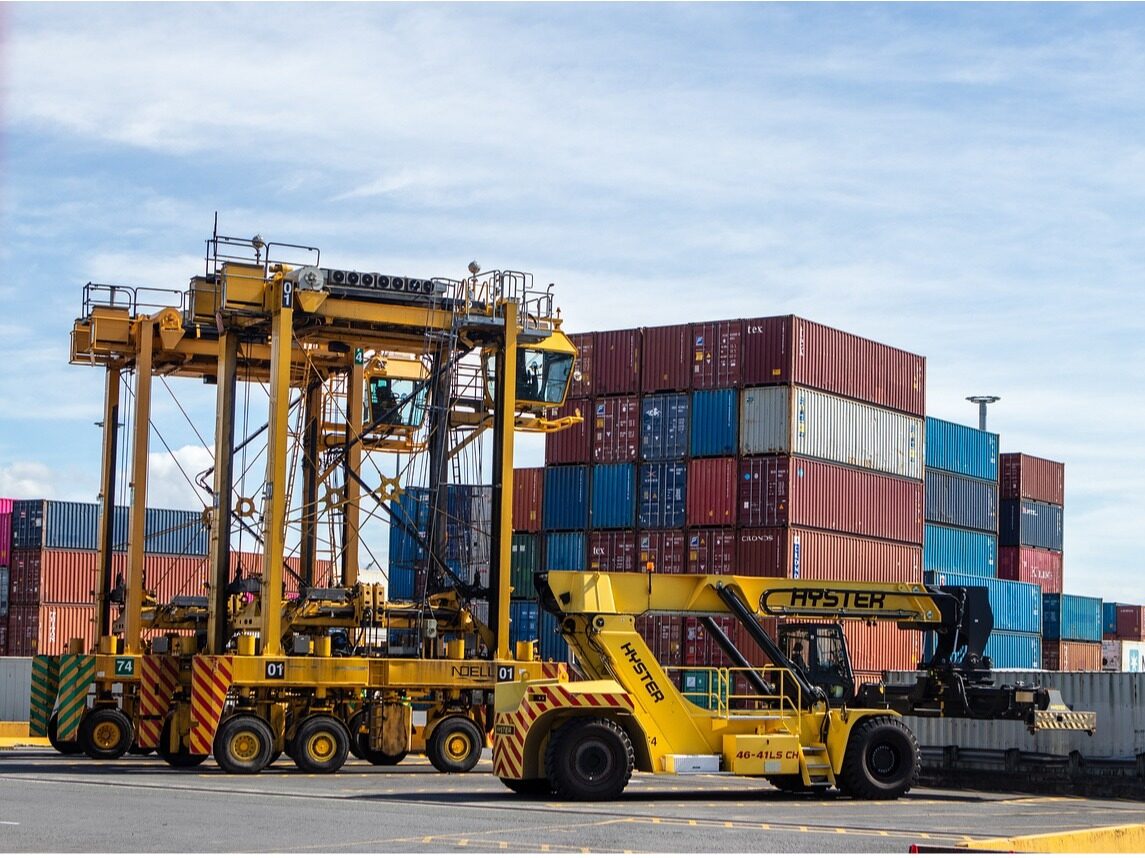
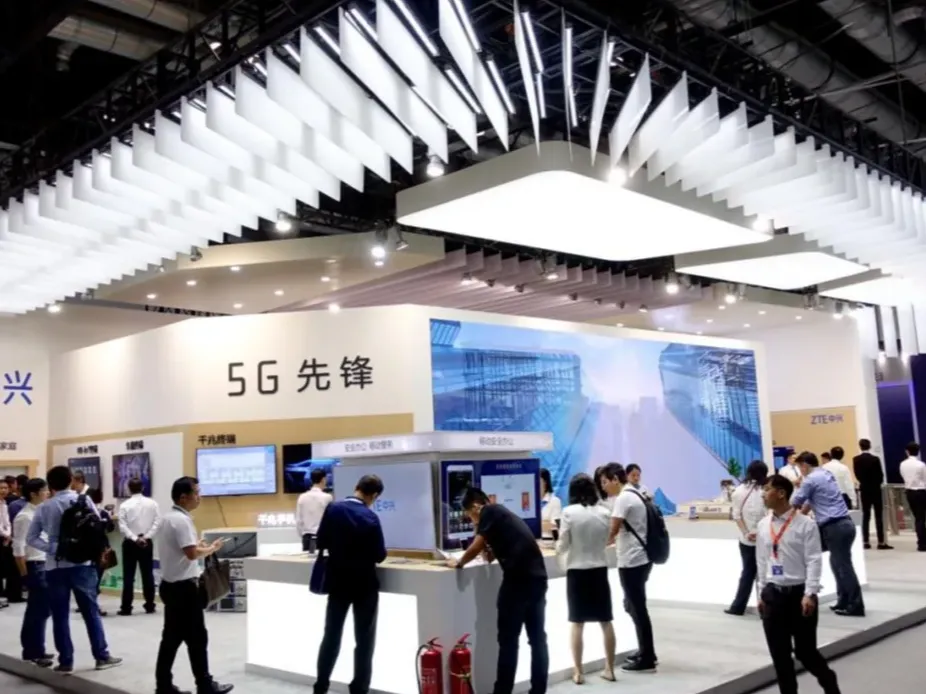






Write something~